Upon casting his eyes on the Orotava Valley, Alexander von Humboldt wrote: “I have tears in my eyes. I wish I could live here”.
The year was 1799 and the German naturalist known as the “father of modern geography” was one of the first of many million foreigners to fall for the natural charms of Tenerife, the biggest of the Canary Islands.
Conquered by the Kingdom of Castille over the course of the 15th century, Tenerife and the other seven Canary Islands have always had largely single-industry economies: first it was cochineal dye, then sugar cane, followed by bananas and since the 1960s mass tourism.
Their all-year-round balmy weather ensured their success among sun-starved northern Europeans, and as Spanish dictator Francisco Franco’s policy of fixing prices low meant more and more tourists came, Tenerife’s rampant development continued, and never really stopped.
Currently 35 percent of the Canary Islands’ GDP comes from tourism and roughly 40 percent of jobs are linked to hospitality.
Tenerife receives the bulk of holidaymakers, 6.5 million of the 14 million that visited the eight-island archipelago in 2023. Therefore it compounds the problems of the Canaries better than any of the other seven isles.
Tourist numbers have been putting increasing pressure on a 2,000-square-kilometre island that already houses just short of a million people. At current rates, the island is gaining 1,200 residents every month, most of them foreign nationals.
There’s an increasing sense among tinerfeños (locals of Tenerife) that the island has reached breaking point and that the Canary political establishment only cares about catering to tourists, even though the profits aren’t staying on the island and locals are being relegated to second-class citizenship.
As half of Tenerife’s territory is protected non-urban land, the population density – when you include tourists and residents – is now higher than Japan’s at almost 1,000 people per square kilometre.
Referred to in the Canary press as the “demographic challenge”, there are fears of another total blackout due to an increasingly strained electrical grid.
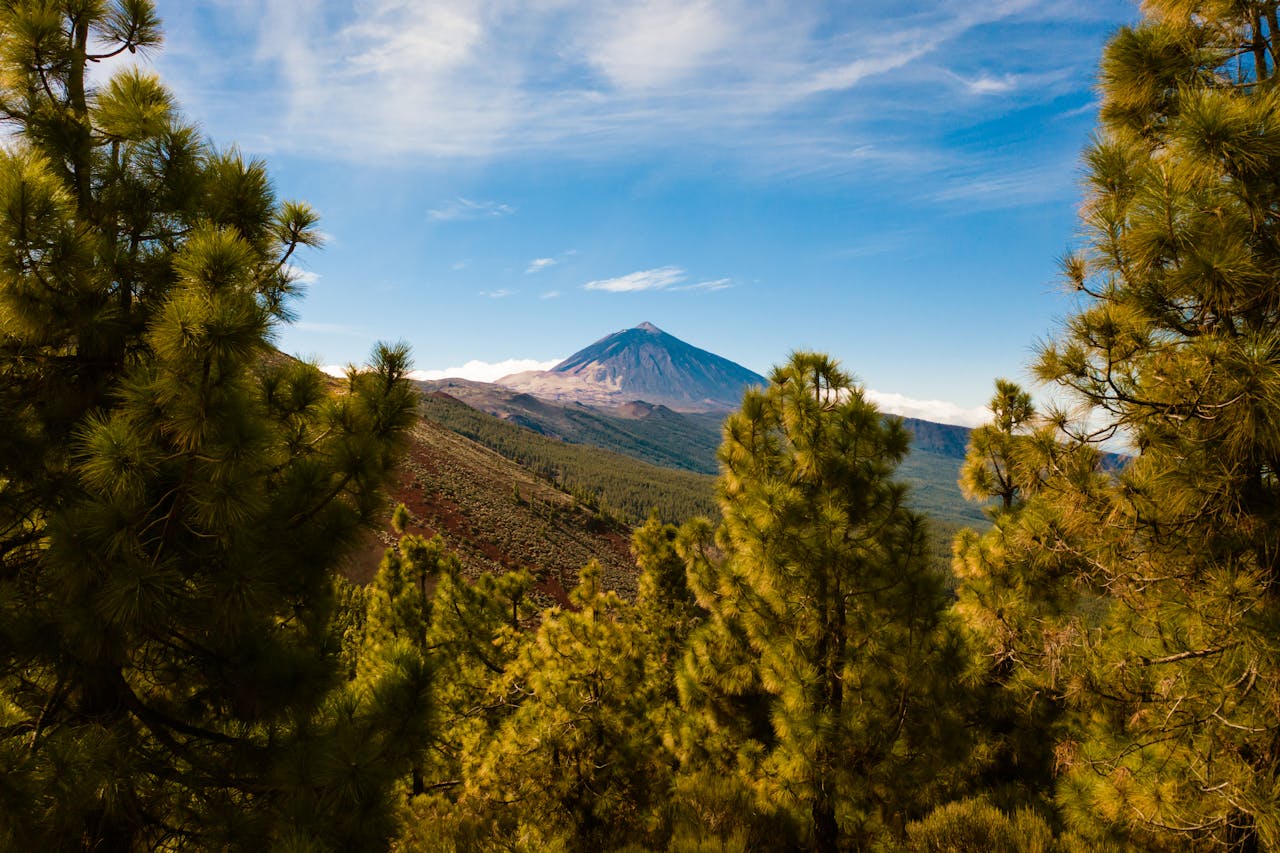
Abnormally hot and dry weather has also forced the Tenerife government to declare a drought emergency as a means of guaranteeing the water supply of locals and holidaymakers when the summer arrives. Such conditions caused Tenerife’s worst wildfire in 40 years last year.
Traffic jams and a lack of parking spots are a daily pain for thousands, as there are almost as many cars as there are people on Tenerife – 818.9 vehicles for every 1,000 inhabitants.
Tenerife is running out of space and poorly planned development during previous decades, which has already ruined once pristine coastal locations, is worsening the current lack of housing crisis.
Property prices and rents increased in the Canary Islands more than in any other Spanish region in 2023, even though Canary salaries are the second lowest in the country.
The proliferation of Airbnb-style holiday lets, up 25 percent across the Canaries in 2023 alone, has reduced the amount of properties to rent for locals and kept prices high, with higher-earning foreign digital nomads often the only ones capable of affording them.
Worse still, there is actually a regional law in the Canaries which prevents 40,000 people from living in the properties they own if they are located in an area deemed a tourist zone. Therefore, anyone who hasn’t been living in these flats since before 2017 has to rent it out as a holiday let through a government-appointed agency.
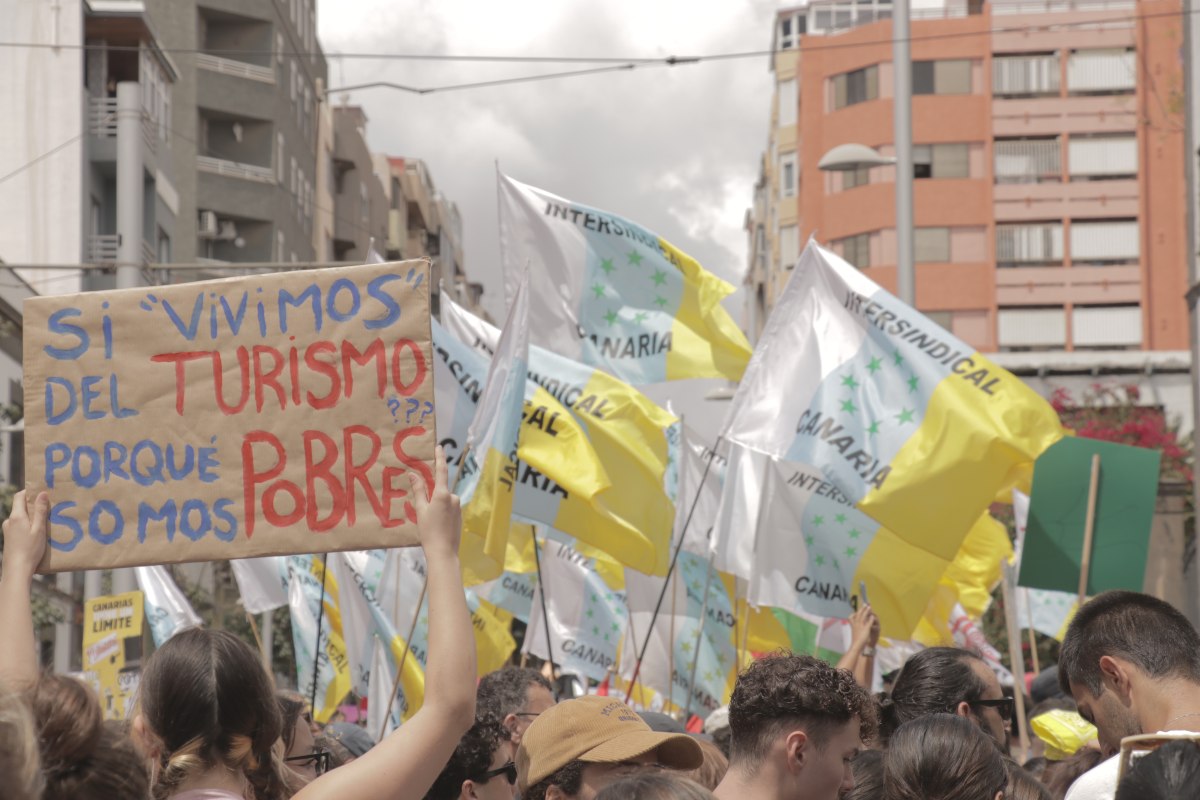
It’s within this multifaceted context of discontent that tens of thousands of canarios took the streets of their capital cities on Saturday April 20th, as did other protesters in cities such as London, Amsterdam and Berlin, all under the slogan “The Canaries have a limit”.
The biggest number gathered in Santa Cruz de Tenerife, around 60,000, with placards reflecting mixed opinions over who is to blame.
A few did regurgitate the “tourists go home” message that has made international headlines for the apparent ‘tourismphobia’ that’s raging in other parts of Spain.
Nevertheless, for the most part protesters made sure to clarify that they are not blaming tourists for the islands’ “collapse” or “oversaturation” but rather the mass tourism model that the government has allowed to grow uncontrollably.
As one banner read, “it’s not the guiri’s fault, it’s the fault of the corrupt politician”.
“Yes to tourism, but not like this”, “if we live off tourism why are we poor?”, “My grandparents’ home won’t be an Airbnb”, “dying of success is a failure” and “no more cement” were some of the countless other messages locals wanted to get across to the eyes of the world.
“We’re not saying that there shouldn’t be tourism, but that there be limits to tourism,” said Felipe Ravina, a filmmaker whose documentary Salvar Tenerife (Save Tenerife) has illustrated what overexploitation has caused, from gallons of faecal matter spewing into sea every day to the destruction of Tenerife’s biodiversity.
Ravina was one of the driving forces of the 20A protests together with the group Salvar La Tejita – whose members went on hunger strike over the construction of a hotel in one of the last remaining unspoilt beaches in the south of Tenerife.
“What we’re calling for with the tourism moratorium is not one single hotel bed more,” Ravina told RTVE broadcaster.
“The island can’t take it anymore. We’re a place with limited space and limited resources.
“This protest isn’t against tourism but against the political classes that haven’t done anything over the past decades to solve the problem of Tenerife’s collapse and now we’re worse off than ever.”

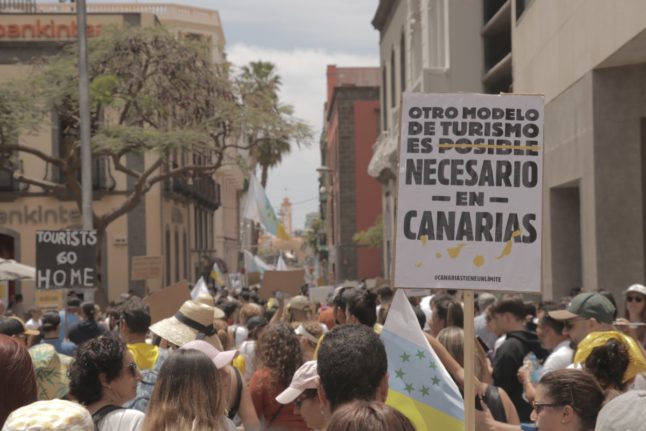
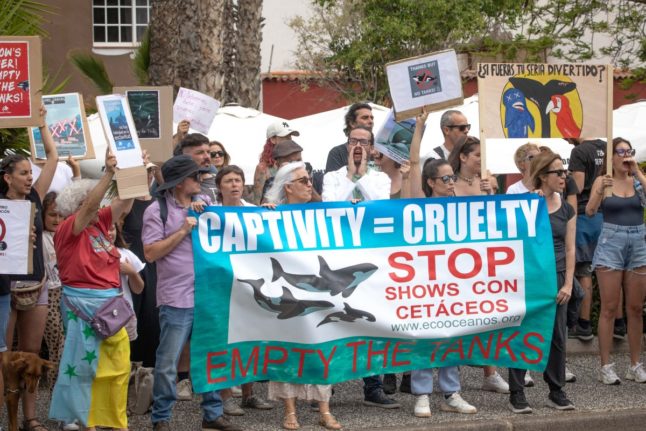

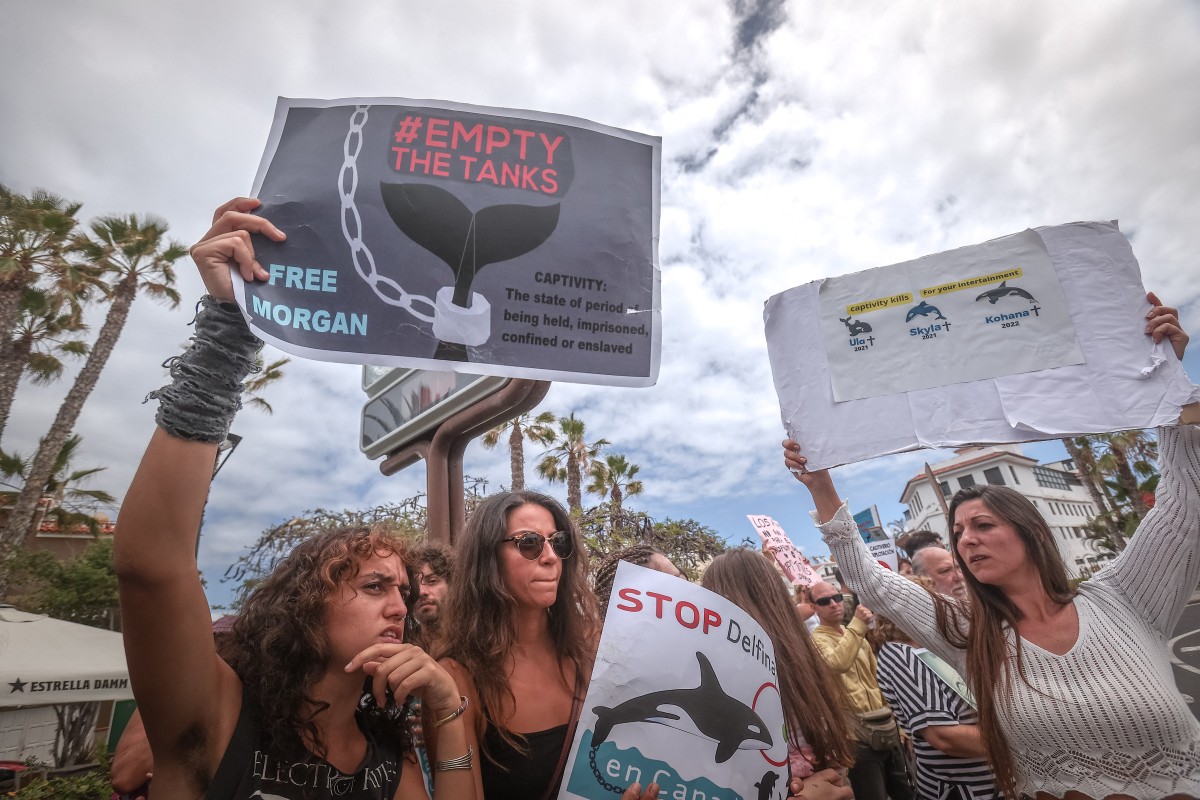

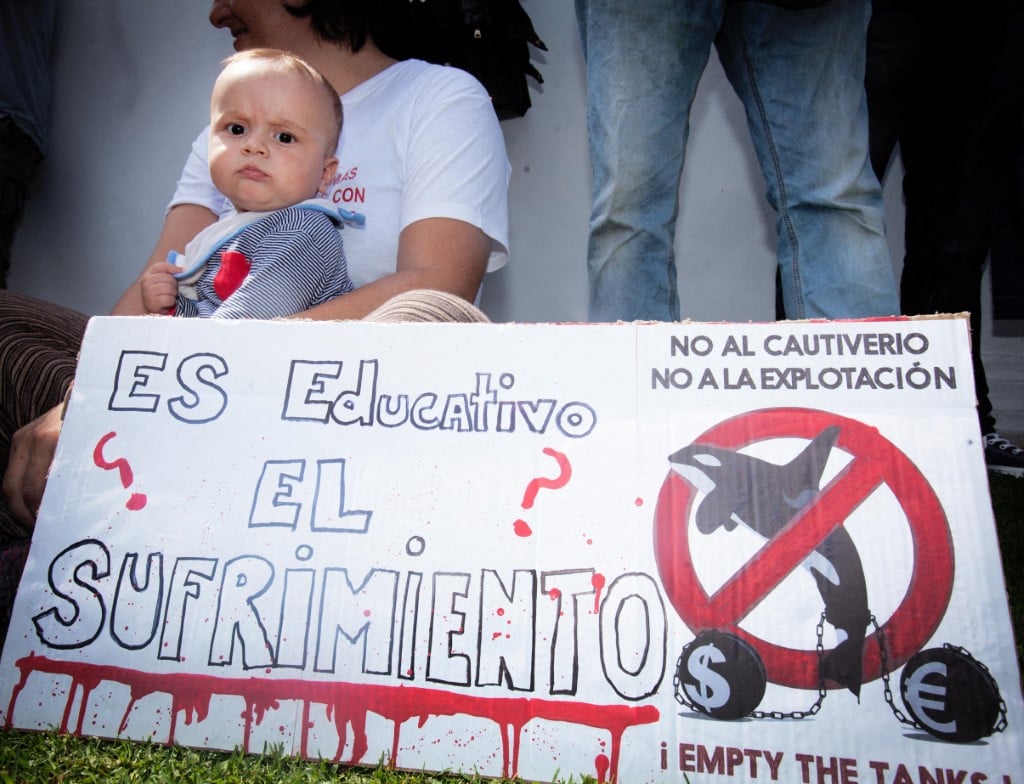
 Please whitelist us to continue reading.
Please whitelist us to continue reading.
Member comments